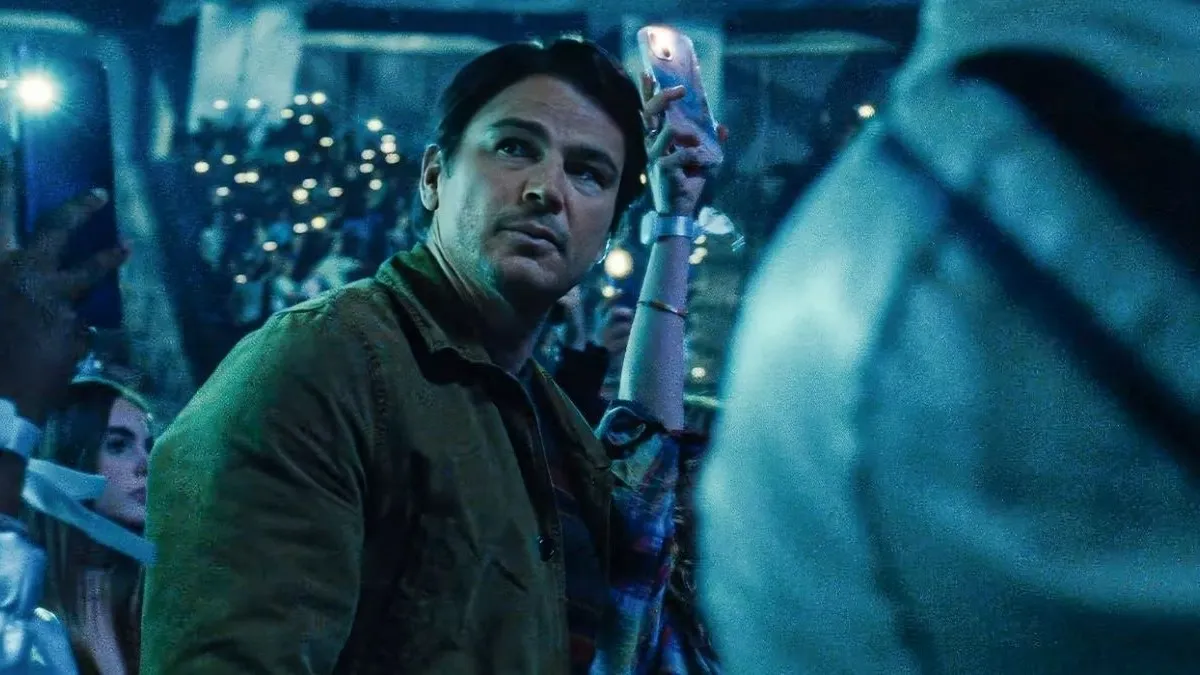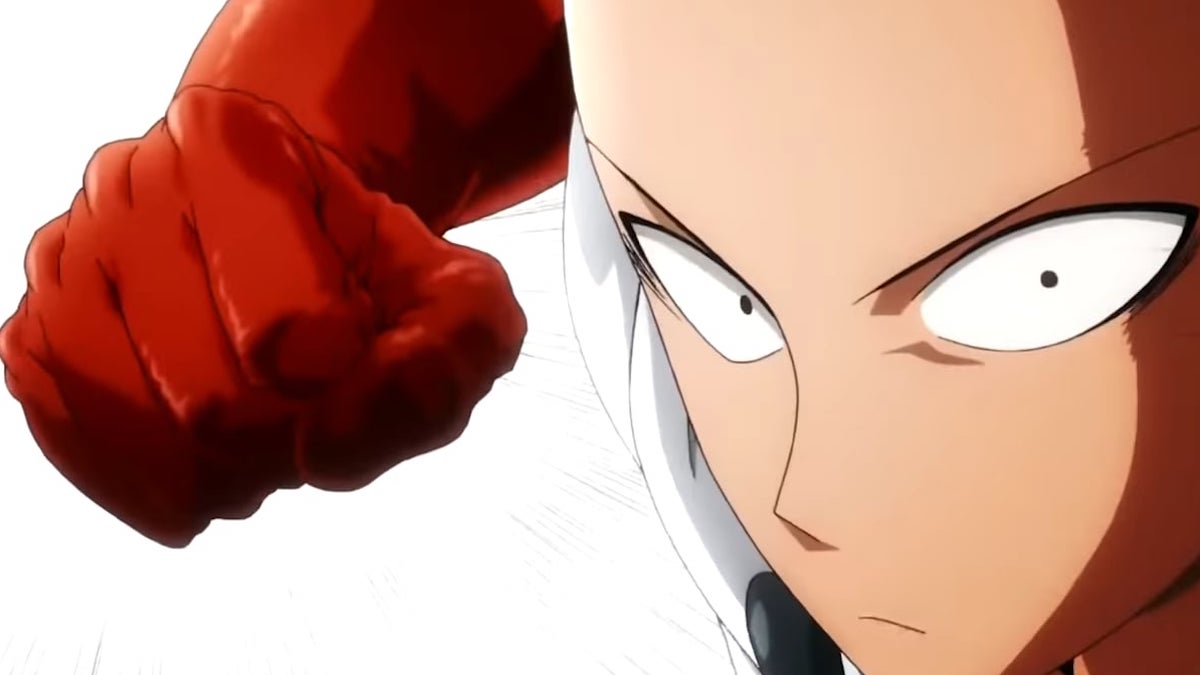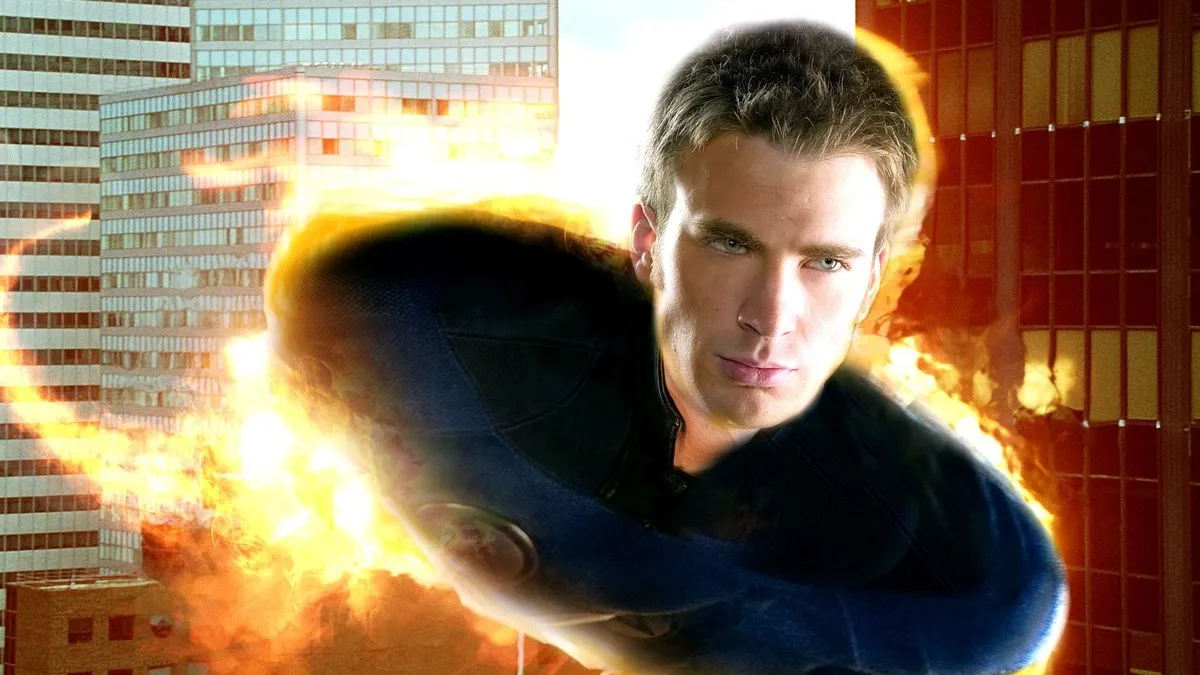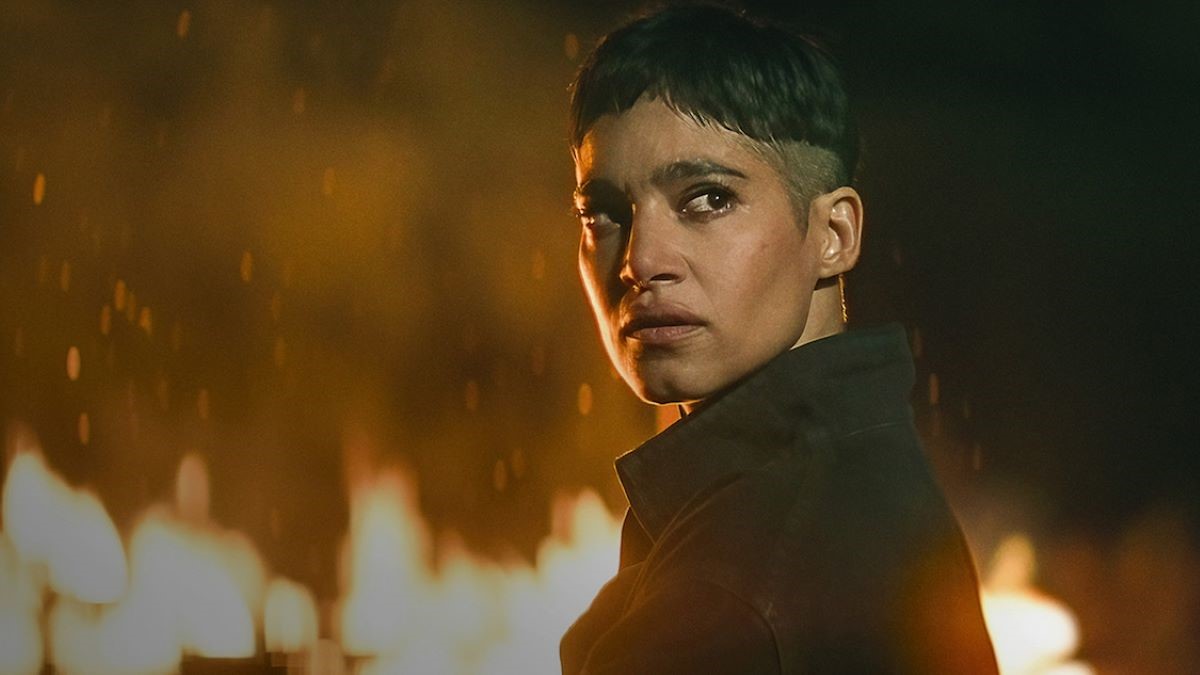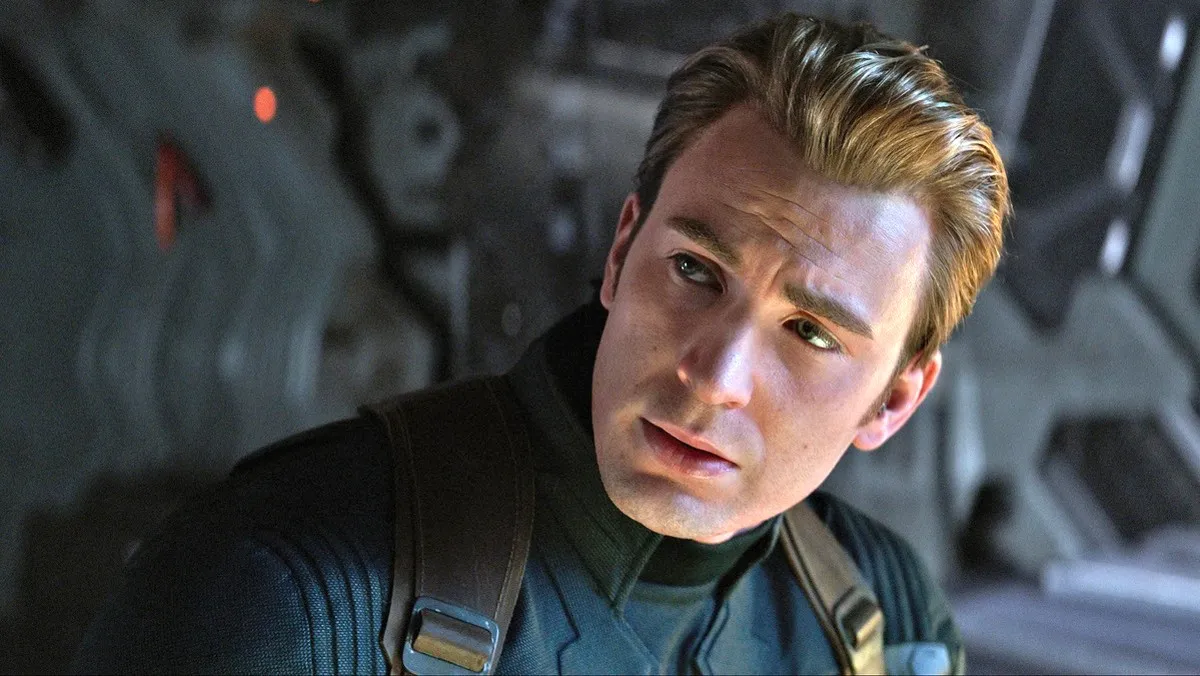As of June 4th, a 2011 drama called The Help ranks as the most-watched film on Netflix. The popularity of the movie – doubtlessly connected to the ongoing nationwide protests following the death of George Floyd – doesn’t sit well with many activists though, as it presents a skewed perception of African American life that doesn’t match the reality in which we find ourselves today.
Like the 1989 dramedy Driving Ms. Daisy, The Help is a pic about African Americans who find satisfaction in their position of servitude to whites, rather than act on some revolutionary desire for freedom, autonomy and fraternity. Written and directed by a white filmmaker and based on a book written by a white author, the story of The Help can neither be considered authentic nor educative.
The film’s racially-biased plot certainly didn’t prove a hindrance during awards season, though. On the contrary, one can make a strong argument that its patriarchal narrative actually helped it to succeed with the predominantly Caucasian Academy of Motion Picture Arts and Sciences, as it scored a nomination for Best Picture at the Oscars.
Back in its day, Driving Ms. Daisy received that same award. That feat, however, has since become controversial considering Ms. Daisy robbed another film of the statue – Spike Lee’s Do the Right Thing, which explored racial tensions in America with not just greater honesty, but superior artistic merit, too.
In any case, folks aren’t happy about The Help reaching the top spot on Netflix and they’ve now taken to Twitter to vent their frustrations:
https://twitter.com/GothFool/status/1268947793965649920
https://twitter.com/illuminikel/status/1268945104867258368
We asked white people to do some self educating on how to dismantle systemic racism and now The Help is trending #5 on Netflix pic.twitter.com/cDituCtn8e
— WIP (@cinnaMENA) June 5, 2020
https://twitter.com/onecent_/status/1268919803932221440
NEXT YALL ARE GOING TO START WATCHING THE BLINDSIDE
— Ash Perez 🤙🏽 (@itsashlyperez) June 4, 2020
https://twitter.com/ira/status/1268592190868996096

LRT – I'm so sorry but the last thing folx need to be watching are bootleg "racial reconciliation" movies like "The Help" – if you need a list of Black films, Black film critics are on here happy to suggest some really good ones. Hi, happy to help. pic.twitter.com/0diLv2kD75
— FilmFatale_NYC 🇭🇹 🇩🇴 🇺🇸 (@FilmFatale_NYC) June 4, 2020
https://twitter.com/ashleyn1cole/status/1268584030150094849
Pitiful.
— Jon Paul, Ed.D. (They/Them/Tired)🏳️🌈 (@DoctorJonPaul) June 4, 2020
https://twitter.com/bauwauwsch/status/1268906599789334536
https://twitter.com/MIKsnMatch/status/1268880342481604608
Why do subpar films like The Help and Driving Ms. Daisy get tons of praise, while pictures like Do the Right Thing flounder? Well, one of the most accepted answers is that the former two offer a more favorable outcome to the civil rights campaign – that is, for the status quo.
Rather than breaking free from the bondage imposed on them by their white oppressors, the black protagonists of these movies settle for a Christian-like forgiveness. As times are showing, though, that approach neither gets people anywhere, nor accurately reflects the current situation.


